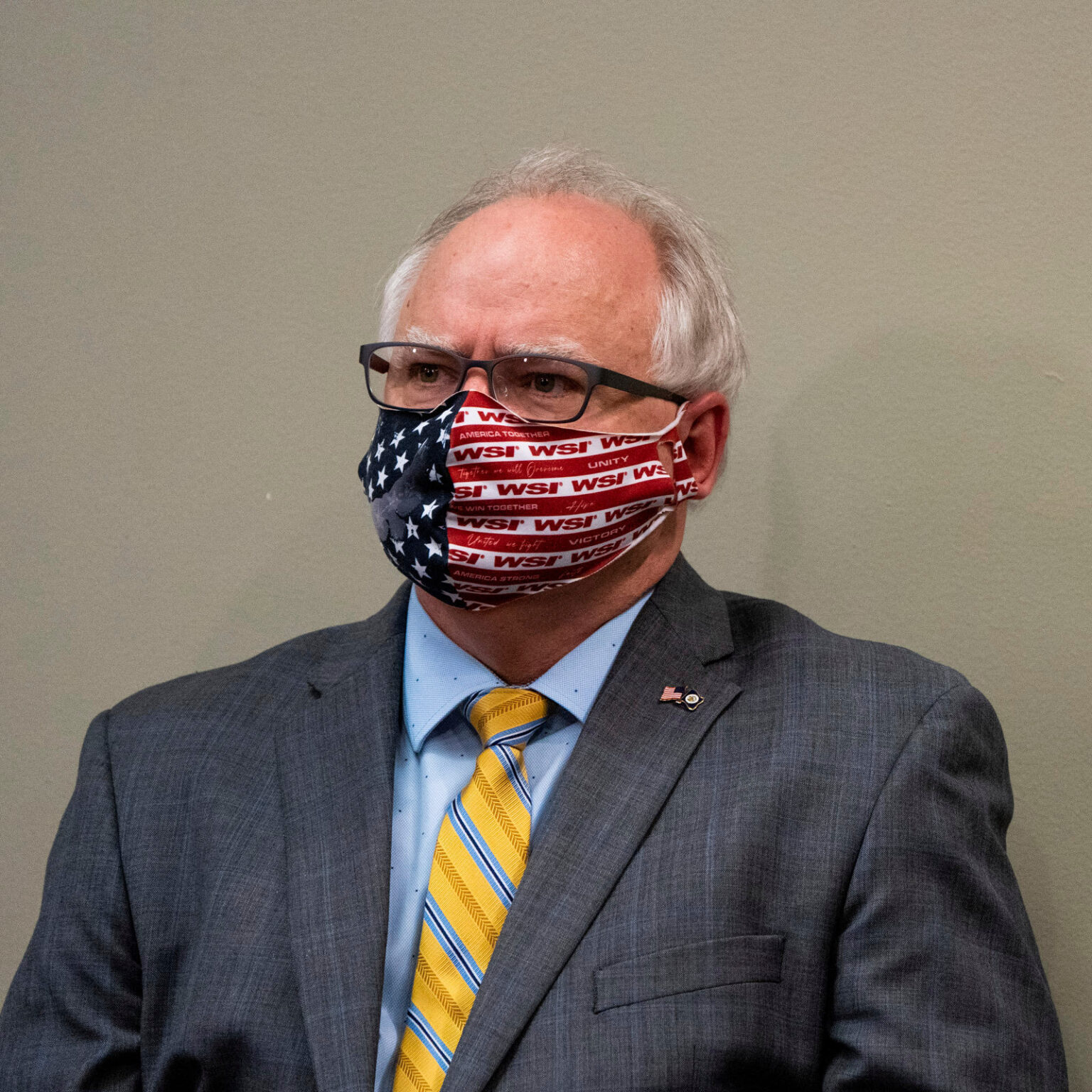A Policy with Deadly Consequences
As COVID-19 spread across the globe in 2020, nursing homes became epicenters of the virus, with residents particularly vulnerable due to their age and health conditions. Yet, Walz’s administration maintained a policy that permitted COVID-positive patients to be transferred from hospitals to nursing homes and other long-term care facilities. This decision, which mirrored similar policies in other states like New York, faced harsh criticism as the death toll among Minnesota’s elderly soared.
By May 2020, more than 80% of Minnesota’s COVID-19 deaths were among residents of these facilities, according to an analysis by the Foundation for Research on Equal Opportunity. Despite these alarming figures, Walz defended his administration’s actions. “This was not a mistake,” Walz said at the time. “This was what everyone was doing. It wasn’t like no one thought about this. There was complexity in how you deal with this.”
Warnings Ignored and Families Left in the Dark
The Centers for Disease Control and Prevention (CDC) had warned early on that nursing home populations were at an increased risk of infection and death from COVID-19. Despite these warnings, the Walz administration pushed forward with policies that allowed the return of COVID-positive patients to these vulnerable environments. Critics argue that this decision disregarded the lack of safe distancing options and adequate preventive measures in nursing homes.
The situation was further compounded by a severe shortage of personal protective equipment (PPE). Reports indicate that Minnesota’s Department of Health reserved its emergency stockpile of N95 masks for hospital use only, advising nursing homes to wait until their supplies were nearly depleted before requesting more. This left many facilities relying on nonmedical cloth masks and community donations, making it nearly impossible to control the spread of the virus among residents and staff.
Families of nursing home residents were also left frustrated and heartbroken. Many reported that they were not notified when COVID-19 cases emerged in their loved ones’ facilities. This lack of communication meant that many never had the chance to say goodbye to their relatives. Adding to the distress, Walz’s administration discouraged families from removing their loved ones from these facilities, even as the virus continued to spread unchecked. The Minnesota Department of Health’s executive order 20-99 strongly advised against families taking residents home, whether they had tested positive for COVID-19 or not.
National Criticism and Political Fallout
Governor Walz’s nursing home policy has drawn comparisons to the controversial decisions made by other state leaders, including former New York Governor Andrew Cuomo and Michigan Governor Gretchen Whitmer, who faced similar backlash for policies that allowed COVID-positive patients into long-term care facilities. Cuomo’s policy, in particular, played a significant role in his eventual downfall.
Walz, now the Democratic vice-presidential candidate alongside Kamala Harris, has faced renewed scrutiny as his COVID-19 response comes under the national spotlight. Critics, including House Majority Whip Tom Emmer (R-Minn.), have been vocal in their condemnation. “From overseeing the largest COVID-19 fraud scheme in the country to forcing hospitalized COVID patients back into their nursing home facilities—Tim Walz proved during the pandemic he does not have the competency to lead in times of crisis,” Emmer stated.
A Legacy of Controversy
As the nation reflects on the handling of the pandemic, Walz’s decisions continue to provoke debate. His administration’s policies during the early days of COVID-19 had devastating consequences for Minnesota’s elderly population. The long-term impact of these decisions, both on the lives lost and the political landscape, will likely remain a point of contention for years to come.
Many Minnesotans, particularly those who lost loved ones in nursing homes, are left grappling with the aftermath of what they see as a tragic failure of leadership. Governor Walz’s response to the pandemic, especially his nursing home policy, serves as a stark reminder of the importance of careful, informed decision-making in times of crisis.


